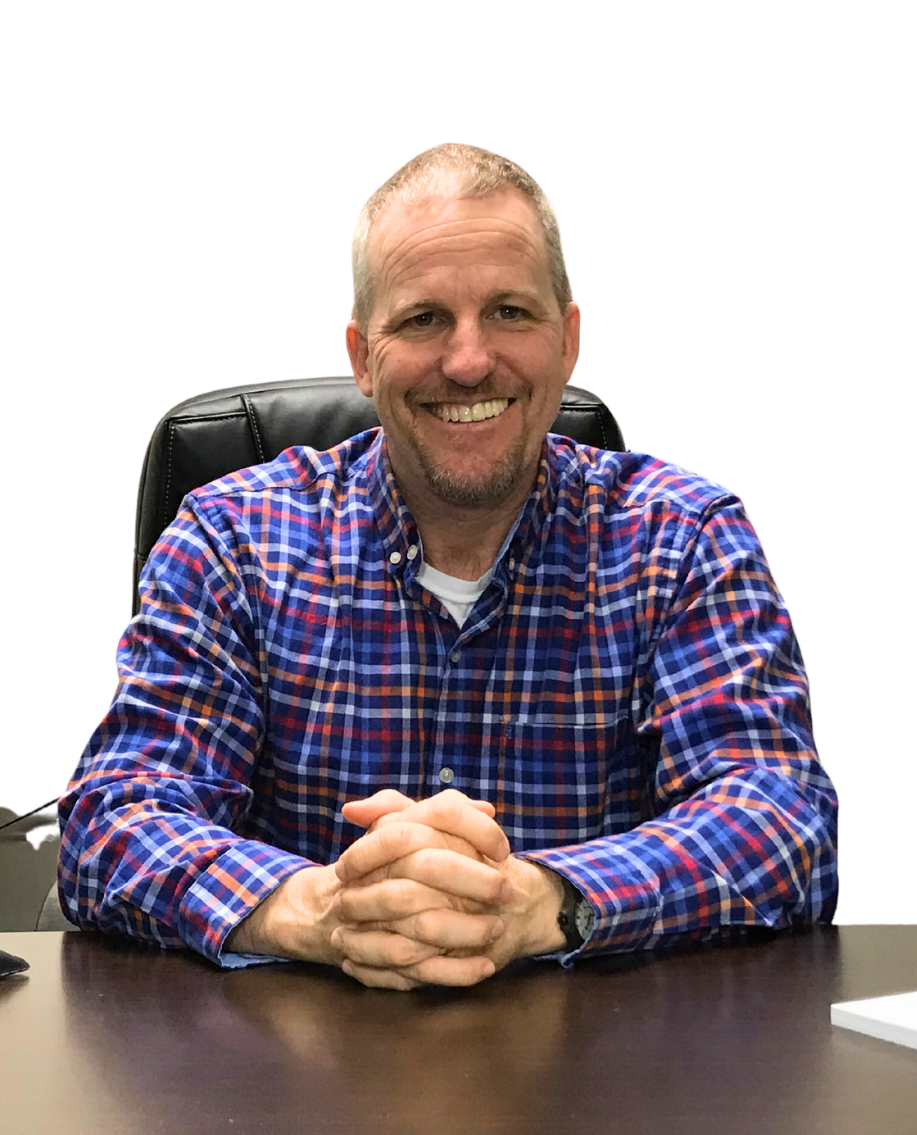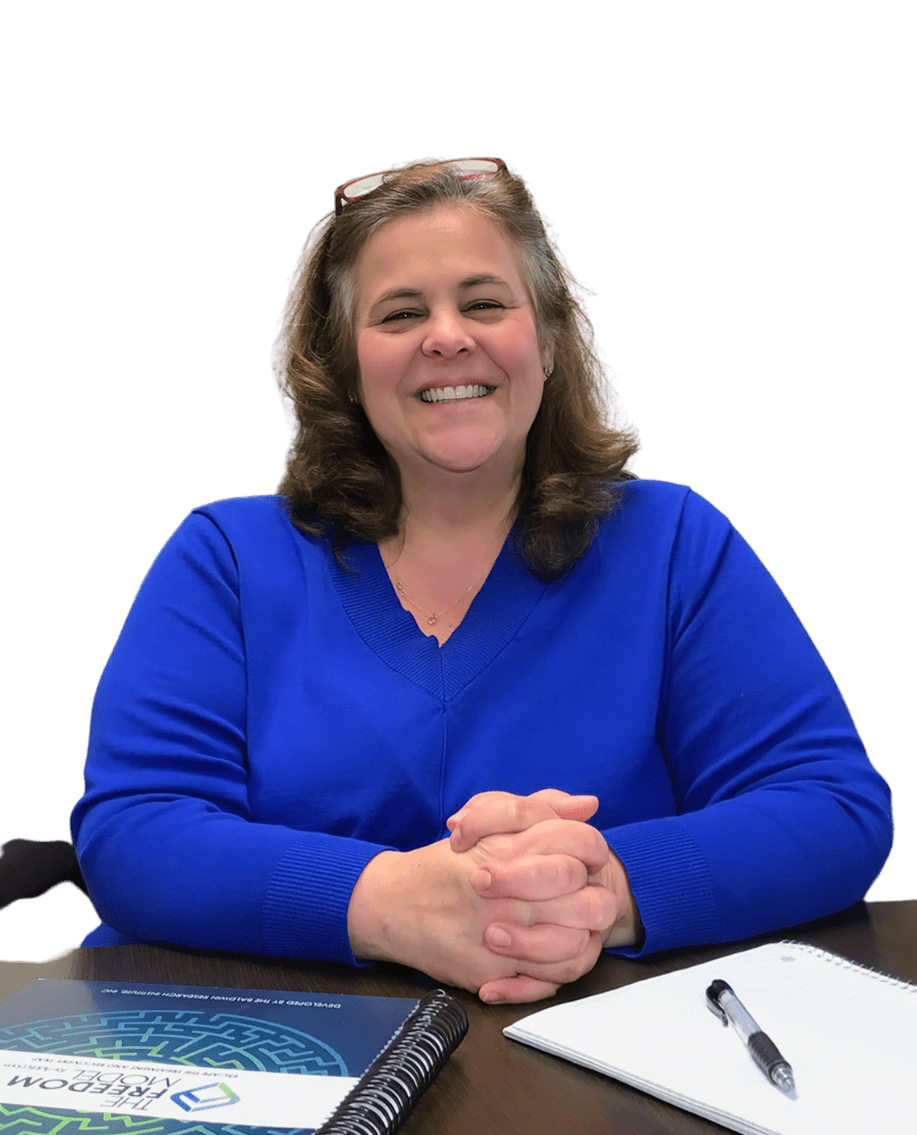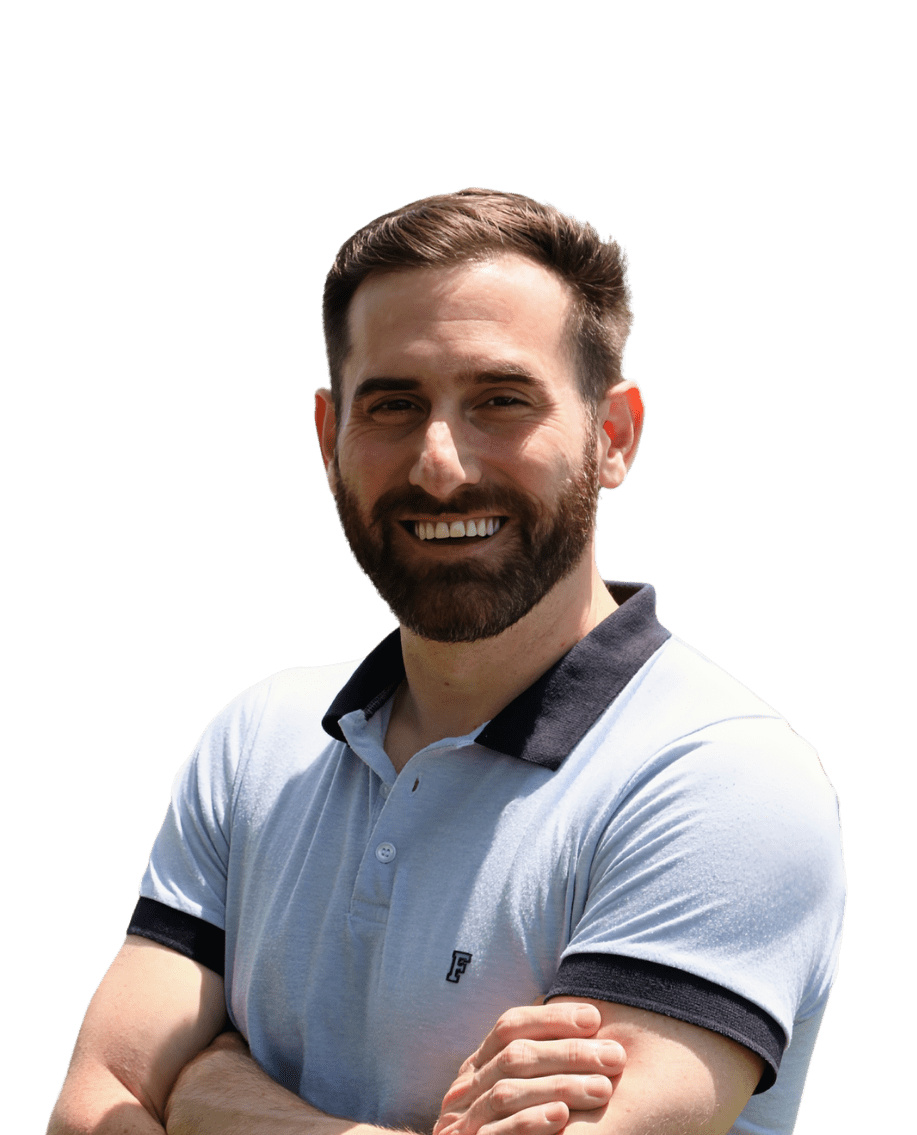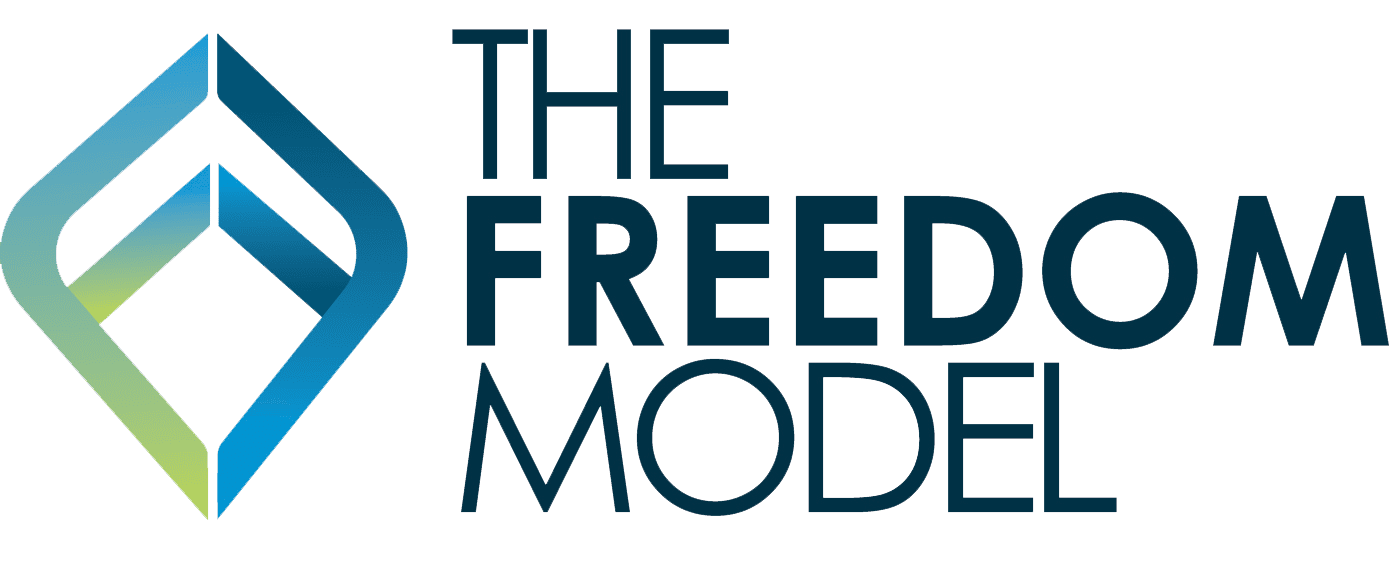About Freedom Model Coaching
“ You’ll know when you’ve fully solved your addiction when the choice of whether or not to drink or use drugs is effortless.”
Freedom Model Coaching’s Origins
Sometimes it helps to understand that your coach has overcome the very obstacles you’re facing:
At the end of 1989 I was a little over a year without drugs and alcohol in my life, and fresh out of long-term treatment. I was extremely depressed, lonely, suicidal, and desperately seeking a better alternative than the daily battle of endless “recovery”. Rehab was clearly not the answer, and neither were the 12 step meetings I was attending daily. It was in this confused, disheartened state that I met human behavior researcher, Jerry Brown and his daughter Michelle. Like me, Michelle was just getting over her serious issues with substances and was struggling. Then Jerry did something that changed everything; he took the time to provide both Michelle and I a whole new perspective on how to move forward with our lives. He told us to no longer see ourselves as powerless, broken people. That empowering moment was the very beginning of The Freedom Model for Addictions, the first non-12 step, coaching model for addictions in the world. Little did we know how this chance meeting would transform addiction-help for tens thousands over the next 3 decades!
We Invented Coaching for Addictions
It’s important to know that in 1989 there were only 2 addiction-help models: there was the common 12 step model and then there were various types of confrontational therapies being offered in a rapidly growing rehab industry. Many of those therapies employed abusive tactics. No one in the addiction-help industry was educating based on the researched facts, positive psychology, nor were they using strategies designed to allow people to solve their problem and move on. The goal was, and still is, to get and remain in a state of “recovery” which means allowing yourself to be directed and controlled by others, and by your past.
In the addiction treatment model, you are deemed as permanently weak, broken, and unable to trust your own mind; so you will need lifelong treatment.
But we changed all that!
We replaced the confrontational control model that is addiction treatment with the non-judgmental coaching model. We called it Cognitive Behavioral Education (CBE) and it’s how our coaches present the solutions contained in The Freedom Model for Addictions. This was, and remains, the first educational coaching technique of its kind in the addiction-help world. It’s the only addiction-help program in the world to have 2 separate outside research organizations measure our program graduates long term success! We have helped more than 27,000 people over the last 34 years find freedom; and we are excited to help you!

Mark Scheeren
Co-Author of The Freedom Model for Addictions, Co-Creator of the Non-12-Step Movement, and Chairman of Baldwin Research Institute, Inc.
Mark Scheeren co-founded Baldwin Research Institute, Inc. in 1992, and is currently its Chairman. Mark co-authored the revolutionary book, The Freedom Model for Addictions, Escape the Treatment and Recovery Trap with Steven Slate and Michelle Dunbar. He is credited with coining the phrase “non-12 step” in the early 90’s and established the first, and only, completely non-12 step residential solution for drug and alcohol problems in the world, the St. Jude Retreats. Mark is also the co-host of the popular Addiction Solution Podcast.
Mark ran the longest observational study ever conducted in the addiction-research field by living with the study subjects for a period of twelve consecutive years. This provided him a first-hand account of how best to help people to solve their substance use problems. He then documented the results of that research within the Freedom Model text. Here are his thoughts on this project:
“Taking the time to live with individuals with substance use problems (who were in the process of moving past their addictions) was the only way to truly observe and understand the issues concerning this population and to build solutions that actually promoted real quantifiable success. While other researchers study this problem on an academic level, I decided to completely immerse myself in my study by applying the science in a residential setting for more than a decade. This effort created the knowledge and application of The Freedom Model for Addictions, that being: individual free-will, mental autonomy, and the Positive Drive Principle, and how to mindfully apply these inherent positive human attributes in one’s life. The success of this approach is seen in our life-changing results in those we helped over the course of the last 34 years.”
As a noted 12-step and recovery society historian, Mr. Scheeren is an expert on the false and misleading addiction brain disease/disorder concept and the continuing failings of the 12 Step and treatment/recovery paradigm as a whole. With this knowledge coupled with his personal experience leaving AA, he designed the Deprogramming from the 12 Steps Course now available to the world for those seeking a way to move past the confines of the 12 step method and into greater self-expression and personal freedom. Mark is also well known in alcohol and drug research circles for his courageous and outspoken public service campaign, “Treatment Doesn’t Work!”

Michelle Dunbar
Co-Author of The Freedom Model for Addictions, Co-Creator of the Non-12-Step Movement, and Executive Director of Baldwin Research Institute, Inc.
Michelle Dunbar co-founded Baldwin Research Institute, Inc. in 1992, and is currently its Executive Director. Michelle co-authored the revolutionary book, The Freedom Model for Addictions, Escape the Treatment and Recovery Trap with Steven Slate and Mark Scheeren, and authored The Freedom Model for the Family.
Michelle was first thrust into the addiction recovery world as a young child. At the time, she learned from family members who were immersed in the 12 step culture about the alleged supernatural powers of alcohol and drugs. As a result of those erroneous beliefs, her struggles with alcohol and drugs started in her teen years.
Thankfully, Michelle was blessed with an inquisitive mind and a skeptic’s heart. By 1990, then in her early twenties, these personal attributes proved to be a compass that guided her out of heavy substance use completely. She learned never to take anything at face value and was heard quite frequently saying, “Let’s look at the data.” This attitude and hunger for the truth pushed her past the addict/alcoholic self-image, and provided a firm platform to research and help others learn the truth; that addiction is not a disease, and that people can and do move past their addictions.
She began her career at Baldwin Research Institute, Inc. in 1992 as a volunteer helping women to solve their substance use problems. In 2002, she joined BRI full-time working with substance users and their families. During her tenure at BRI, she worked in nearly every division and capacity. She created and implemented training programs for Freedom Model Coaches as well as Freedom Model hospitality staff at our retreats. She co-authored and taught a program extension offered by BRI called Continuing Education (aka Life Movements) that was designed to help people to move on with their lives. She developed and facilitated the Freedom Model Family Workshop as well.
Michelle has seen first-hand the devastation caused in so many people’s lives by the massive propaganda and misinformation campaigns put forth by the multi-billion dollar treatment industry. That is why she continues to dedicate her life to BRI’s original mission which is to change the addiction treatment industry to a solution that works.

Steven Slate
Co-Author of The Freedom Model for Addictions, Research Fellow of Baldwin Research Institute, Inc.
Steven Slate serves as a Research Fellow at the Baldwin Research Institute (BRI) and is a co-author of The Freedom Model for Addictions. His critical analyses of the brain disease model of addiction have been featured in college textbooks on addiction and abnormal psychology published by Greenhaven Press and McGraw Hill.
Having faced personal struggles with heroin addiction, Steven intimately understands the workings of the addiction treatment system, having spent five years navigating through inpatient and outpatient rehabs, methadone clinics, 12-step meetings, and psychiatric interventions targeting the “underlying causes of addiction.” Unfortunately, each of these approaches only exacerbated his situation. It was only through one of BRI’s earlier educational programs that he managed to reject the role of a helpless addict and began to recognize his own capacity for making different choices.
Since then, Steven has dedicated his life to demonstrating that individuals possess control over their actions and can initiate meaningful changes in their substance use habits without relying on a lifetime of treatment and support group meetings.
Check Out Steven’s TEDx Talk on Our Relationship to Addiction!
Featured
On:

